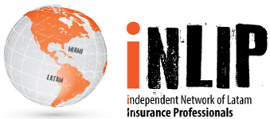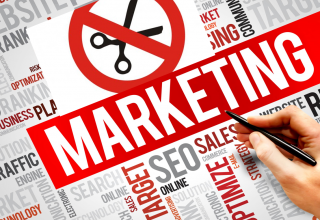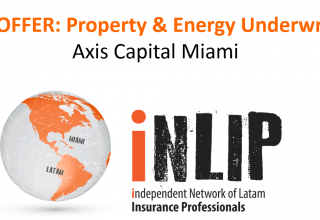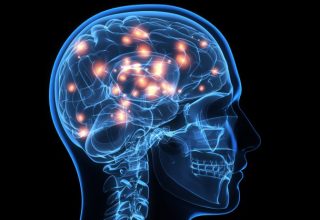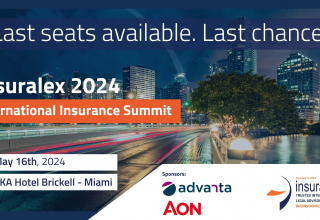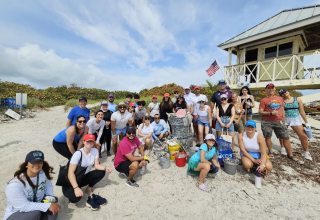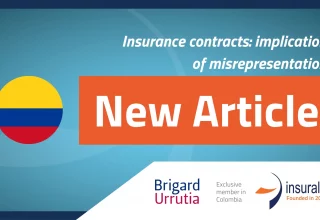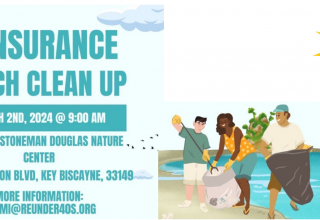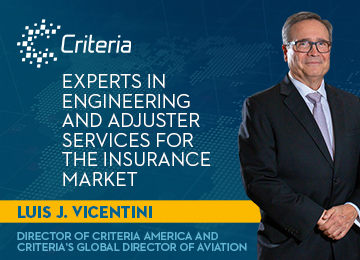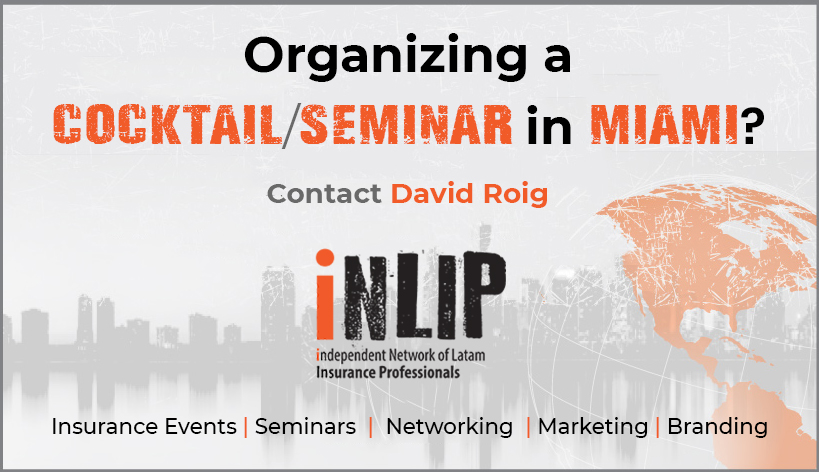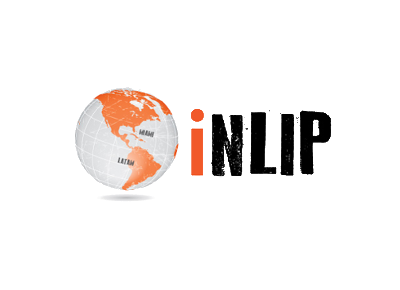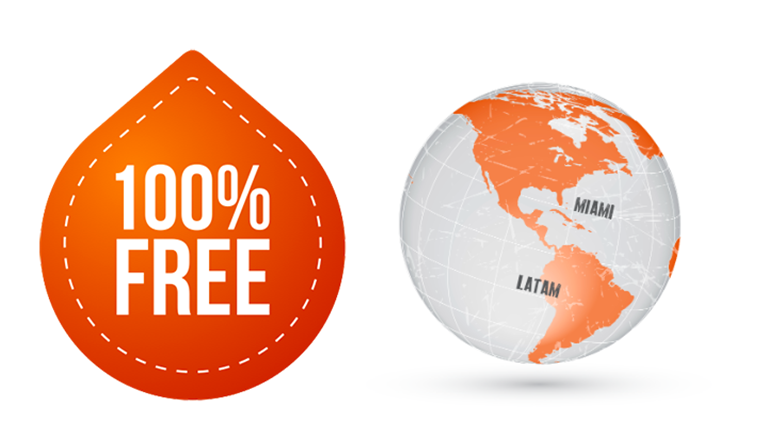
Insurance professional: Do you use the power of FREE? Are you rational?
We love to be told we are smarter than we thought we were, but a DUKE professor of Psychology & Behavioral Economics, Dan Ariely demostrates that we are consistently irrational much of the time.
Based on his observations and supported by findings from his innovative research, Dan has become an expert at explaining human nature and predicting our sometimes irrational patterns of behavior.
When faced with a choice of selecting one of several available products or services (or possibly buying nothing), a standard theoretical perspective suggests that the option with the highest benefit‐ cost difference will be chosen.
Is that true? It seems that it is not… let´s see.
In terms of the use of “free”, a research conducted by Dan Ariely shows us that people are often overly excited about the term “free”.
Why do people overvalue FREE? In his book Predictably Irrational, Ariely attributes the human preference for “free” even when the rational choice would be the bargain item to an aversion to loss.
Ariely says that FREE! preference is because humans are intrinsically afraid of loss. “The real allure of FREE! is tied to this fear. There is no visible possibility of loss when we choose a FREE! item (service)”
Dan says: “One of the main differences between standard and behavioral economics involves the concept of “free lunches”. According to the assumptions of standards economics, all human decisions are rational and informed, motivated by an accurate concept of the worth of all goods and services and the amount of happiness –utility- all decisions are likely to produce.
Under this set of assumptions, everyone in the marketplace is trying to maximize profit and striving to optimize his experiences. As a consequence, economic theory asserts that there are no free lunches- if there where any, some would have already found them and extracted all their value.
Behavioral economists, on the other hand, believe that people are susceptible to irrelevant influences from their immediate environment (which we call context effects) irrelevant emotions, shortsightedness, and other forms of irrationality.
The good news is that these mistakes also provide opportunities for improvement. If we all make systematic mistakes in our decisions, then, why not develop new strategies, tools, and methods to help us make better decisions and improve our overall well-being?
That is exactly the meaning of free lunches from the perspective of behavioral economics, the idea that there are tools, methods, and policies that can help all of us make better decisions and as a consequence achieve what we desire”.
Managing Director at iNLIP, independent Network of Latam Insurance Professionals. Masters degree in Psychology and expert in Consumer Behaviour, behavioral economics and insurance marketing. Executive Director at Insuralex.
Other related articles: About honesty and the Latin American insurance industry: predictably irrational
Other Insurance Marketing articles
